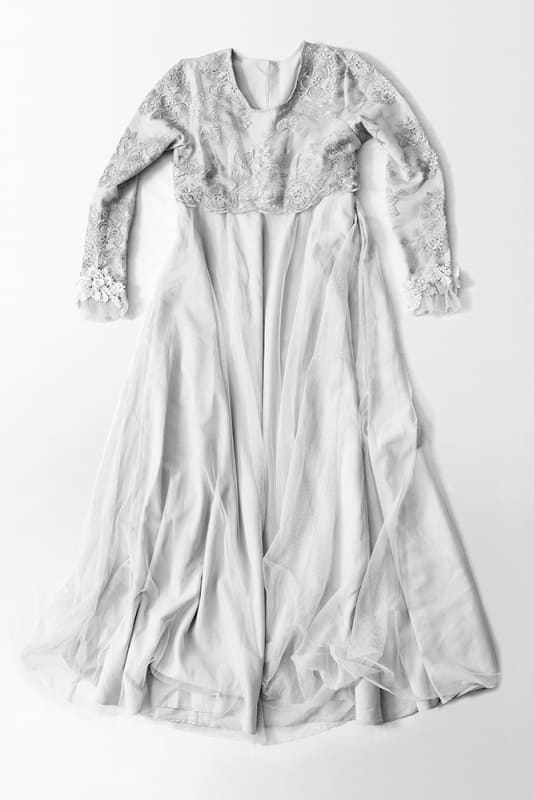Explorant des sujets intimes et complexes, l'artiste espagnole Laia Abril divise ses projets à long terme en chapitres, utilisant la photographie, le texte, les archives, la vidéo et le son comme moyens d’expression.
Après avoir complété un cursus en journalisme, elle s'installe à New York pour se consacrer à la photographie en rejoignant le Centre international de la photographie.
Laia Abril décide alors de faire le récit d’histoires intimes liées à la sexualité, aux troubles de l'alimentation et à l'égalité des sexes. En 2009, elle intègre une résidence de 5 ans proposée par LA FABRICA (Madrid), et le centre de recherche Benetton (Trévise), où elle travaille comme chercheuse, monteuse et photographe pour le magazine Colors.
Les projets de Laia Abril prennent diverses formes, notamment des installations, des livres, des documents en ligne et des films. Son travail a été exposé et publié à l’échelle internationale, intégrant des collections privées et publiques, telles que le Musée de l’Élysée et le Fotomuseum Winterthur en Suisse, le FRAC Provence Alpes Côte d’Azur en France, le MNAC et FotoColectania à Barcelone.
Après avoir achevé son projet quinquennal On Eating Disorders, autour des troubles alimentaires, Abril s'est lancée dans une trilogie intitulée A History of Misogyny constituée de trois volets ; un chapitre genèse, On Mass Hysteria, un premier chapitre, On Abortion ainsi qu’un second, On Rape.
On Abortion, a été exposé aux Rencontres d'Arles en 2016. Il a été le premier lauréat du Prix de la Photo Madame Figaro, avec le soutien de la bourse Fotopress, et a été nominé pour le Prix ICP-Infinity, le Foam Paul Huf, entre autres distinctions. Cette exposition a été présentée dans plus de 13 pays, notamment à la Photographers' Gallery (Londres), au Musée d'Art Contemporain (Zagreb), au Centro de la Imagen (Mexique), au Museum of Sex (New York), et a reçu la médaille Hood de la Royal Photographic Society en 2019.

